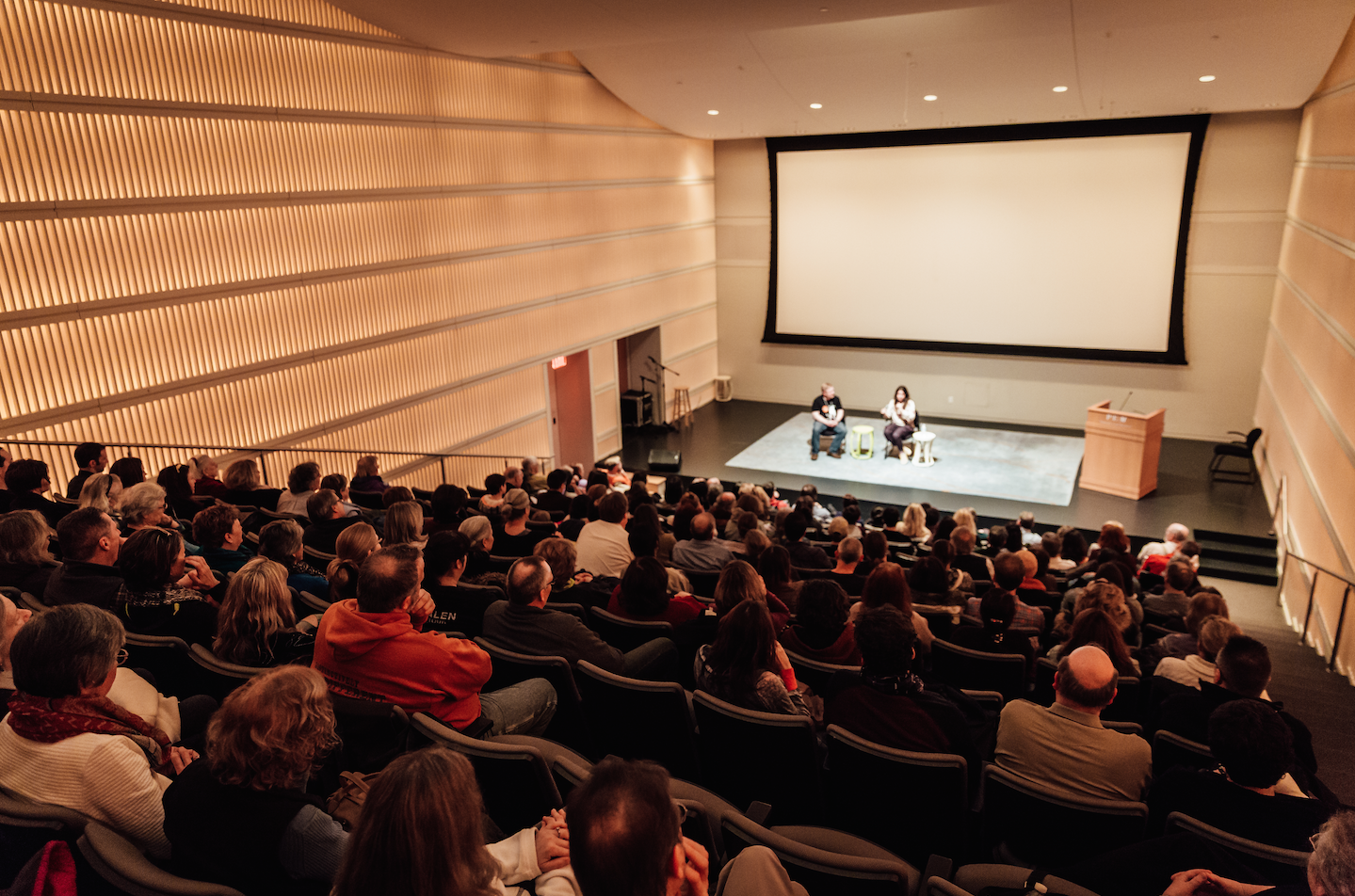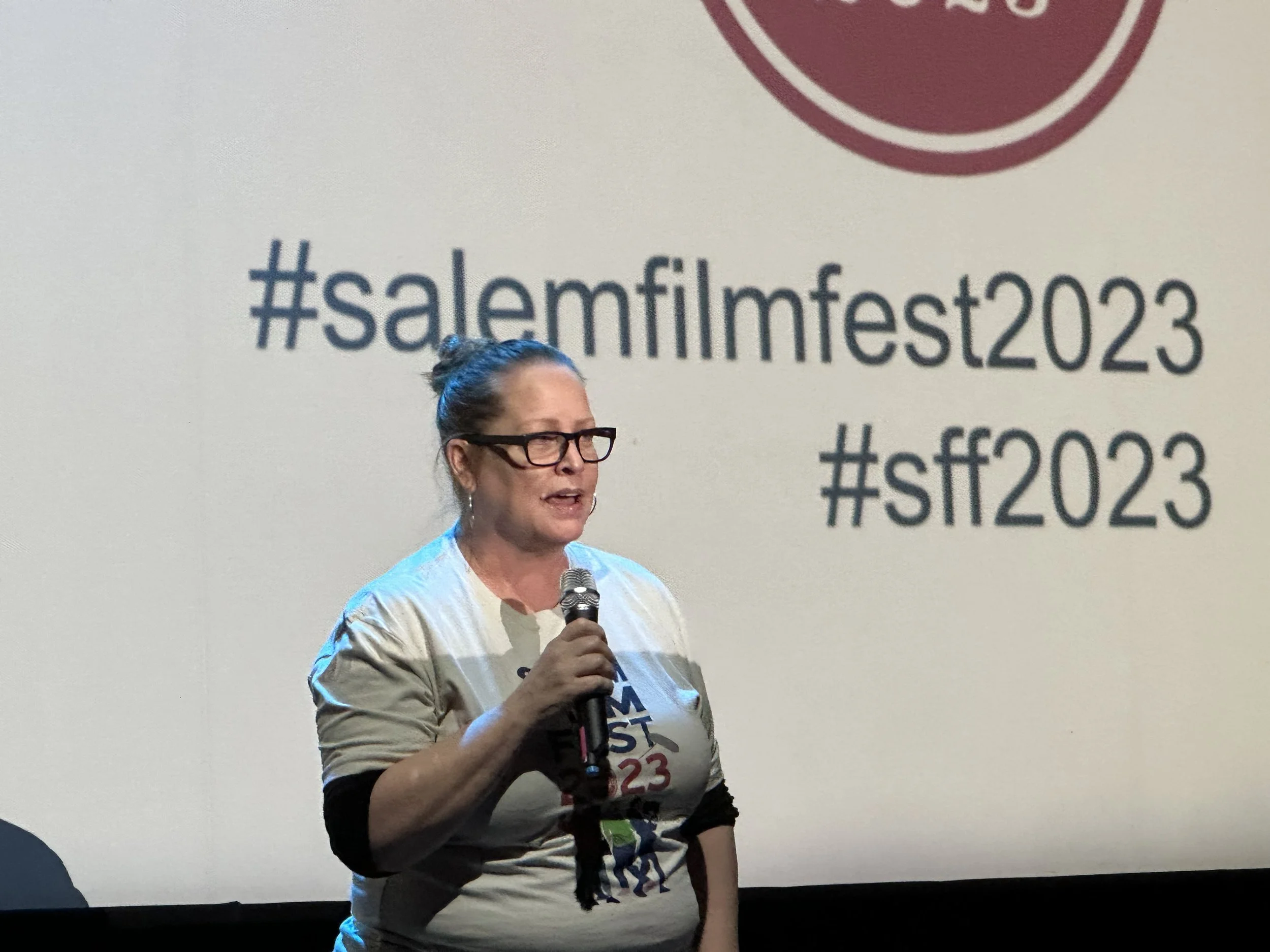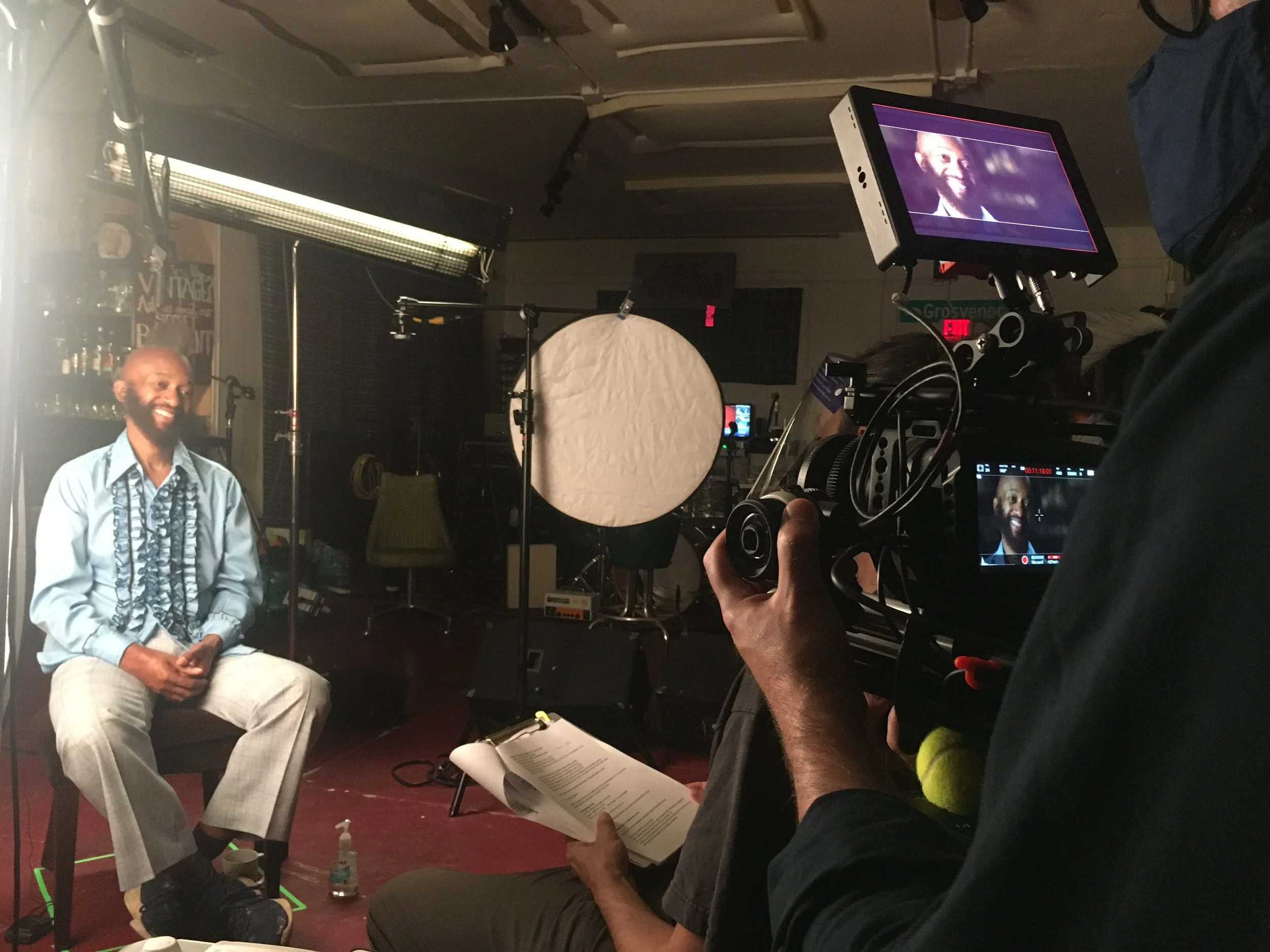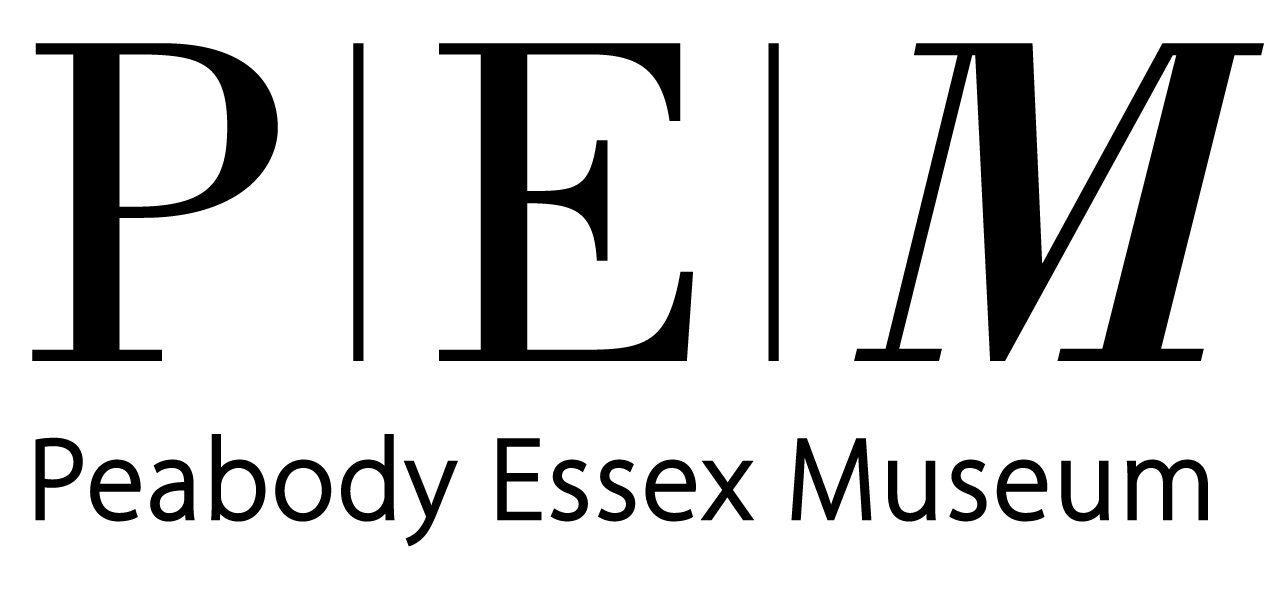This post was written by Kate Twomey, Caroline Jones, Jasmina Kurtovic, and Casey Killeen, members of Mr. Ryan’s AP Language and Composition class. We are grateful to Mr. Collins for his time. This interview has been edited for length and clarity.
Imagery used with permission of filmmaking team, photo credit Beirut Dreams in Color
Mashrou’ Leila are indie rock gods in the Arab world. But their fame comes with a price. In a part of the world where singing about politics or sexuality is more than a little risky — and with an openly gay lead singer — Mashrou’ Leila’s very existence and success is unprecedented.
BEIRUT DREAMS IN COLOR screens as part of SHORT BLOCK 2, which can be streamed through Sunday, April 2.
Michael Collins directed GIVE UP TOMORROW (SFF 2012) and ALMOST SUNRISE (SFF 2017).
MHS: How did you find this project?
Michael Collins: Back in 2017, I was in Beirut and was fortunate to be introduced to Tarek Zaiden, who helms the oldest LGBTQIA+ rights organization in the Middle East, Helem. He told me about the rise in bullying and violence that the queer community in Lebanon was experiencing at the hands of the government security forces.
MHS: How did you find out about the band?
MC: [Zaiden] told me about Mashrou’ Leila - a popular indie band from Beirut whose lead singer, Hamed Sinno, was openly gay. Their music reflected all of the politics that they were observing and reacting to, and this included the queer experience from a very personal point of view. In fact, their song “The Smell of Jasmine” is known to be perhaps the first gay love song in the Arab world. This level of queer visibility is revolutionary in most countries, but, in this region, also dangerously tabooed.
MHS: How did you find and choose your subjects?
MC: I started listening to their music, [and] I was hooked. I experienced the power of it; how it resonates with truths that go beyond spoken language. I wished I had grown up with such beautiful artists to look up to, and in my awkward youth be reassured that there was, indeed, in this crazy, motley world, a space for me.
Imagery used with permission of filmmaking team, photo credit Beirut Dreams in Color
MHS: Why do you think the band’s music is so important?
MC: As Tarek points out in the film, “One good song can do more than 5000 protests.” It’s pretty self-evident that the very existence of this band, their fearless and often joyful expression of their experiences combined with their sheer talent, have done more to further the queer movement than we’ll ever know. But sadly, as their fame has grown, so has their perceived power in upsetting the status quo, making them a target for all kinds of attacks.
MHS: Why do you think it’s so important for people to have this kind of representation, especially in the Middle East?
MC: It became obvious to me why they are hugely famous all over the Middle East. This added to the devastation of learning that one by one they were being banned from performing in most countries in the region, including Egypt, their biggest fan-base. But Lebanon always seemed like one place they could return to, especially their hometown of Beirut, which was historically known as a relatively liberal oasis, hence dubbed as “The Paris of the Middle East”. Yet by the time I reached them, that no longer held true.
Imagery used with permission of filmmaking team, photo credit Beirut Dreams in Color
MHS: Can you relate to the issues faced by the band and their fans in the film?
MC: As a queer man who grew up in a Christian country, I could relate to feelings of being less-than that were ever-present in the lack of positive queer representation in media -- we were relegated to caricatures or monsters. I could relate to the death-by-a-thousand-cuts all queer kids feel as the preachers and politicians use them as tools to drum up fear, votes, and all the benefits of othering and dividing to serve their needs.
MHS: What does this film mean to you?
MC: For me, this is the most personal film I’ve made. The process has forced me to confront my own past, and the lingering traumas of living in a society that continues to steer so many of our queer siblings to early deaths. BEIRUT DREAMS IN COLOR is a film about belonging; a cautionary tale about what happens when greedy, fearful political and religious groups join forces to rehash some archaic worldview that feels more comfortable for them.
MHS: What do you want your audience to take away from this film?
MC: Cocooned within the tragedy, I also discovered hope in the spirit of Sarah Hegazi, a young Egyptian woman, a luminous leader who was silenced in the worst way. I hope through this film more people can meet Sarah and find inspiration in her voice. But I also wanted us to collectively have a space to grieve her loss, an act that is often robbed of those whose safety depends on their anonymity.

















